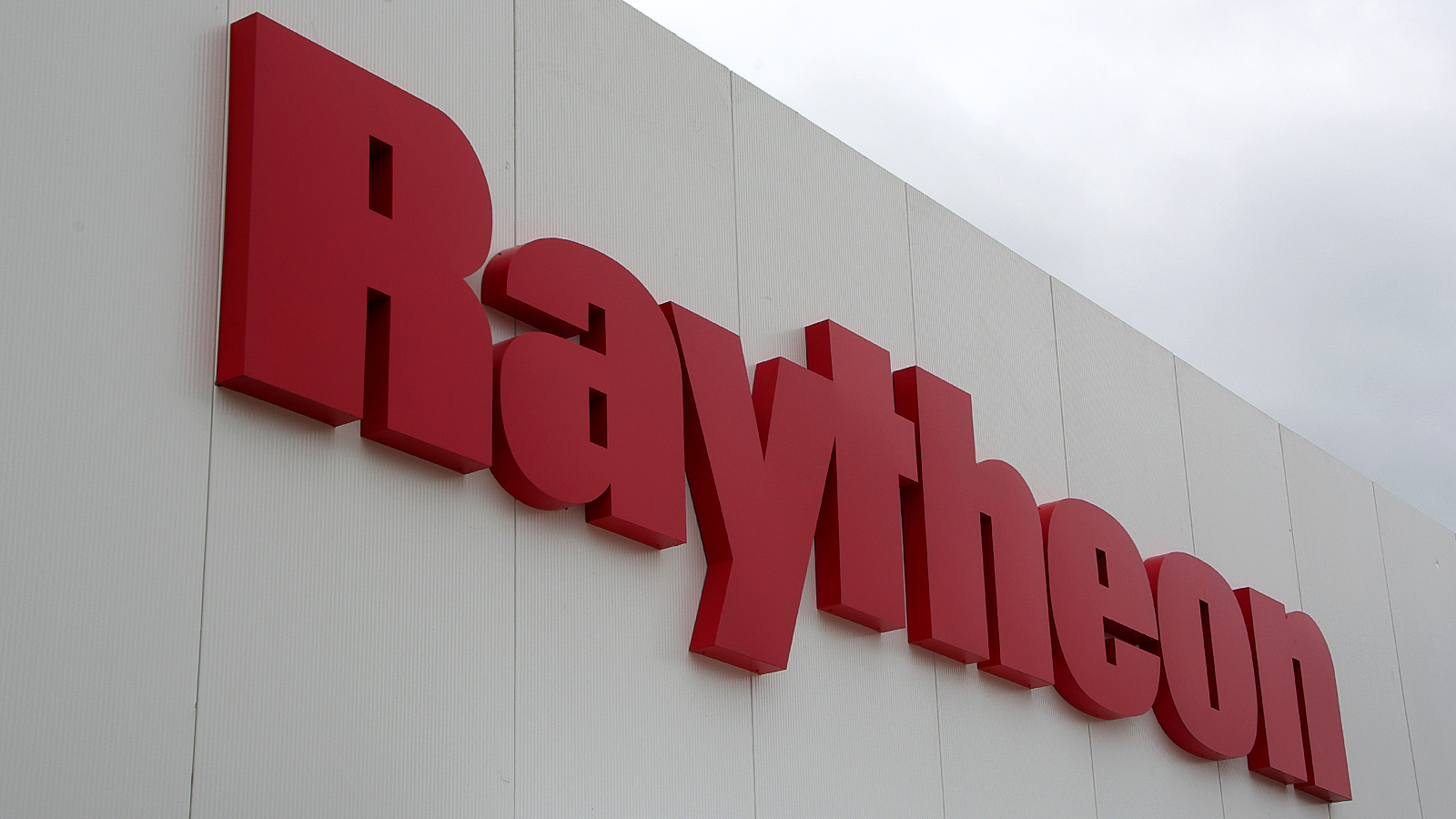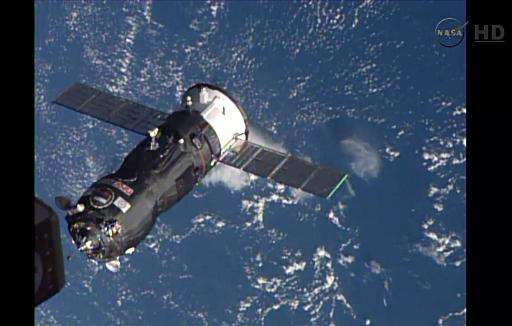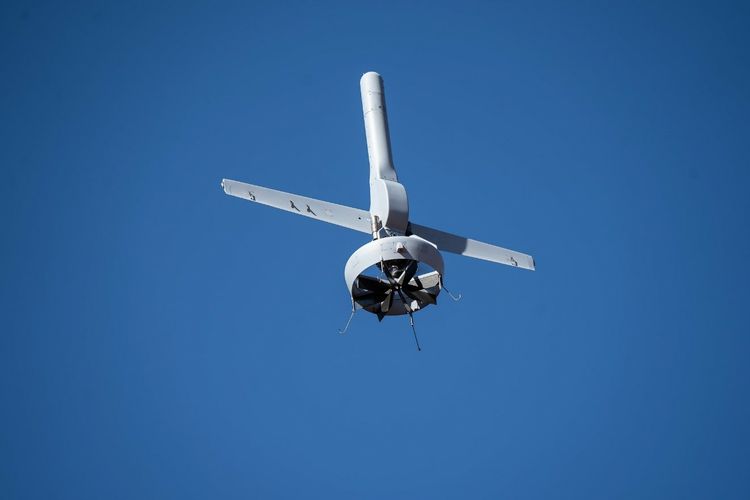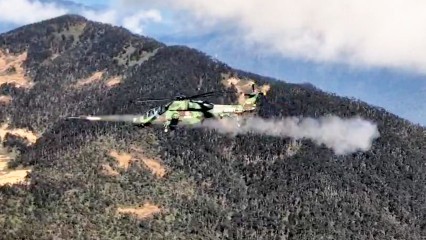
TUCSON, ARIZONA (BNS): The Defence Advanced Research Projects Agency (DARPA) has awarded Raytheon Company a $20,489,714 million contract modification for the Tactical Boost Glide programme.
Under the TBG programme, Raytheon will develop and demonstrate the technology to enable air-launched hypersonic boost glide systems. A majority of the work will be performed in Tucson.
"Hypersonics is the new frontier of missile design and development," Tom Bussing, Raytheon vice president of Advanced Missile Systems, said in a statement on Wednesday.
"The extreme environments where these advanced missiles must operate present significant engineering challenges. Our extensive experience and expertise in developing advanced guided weapon systems uniquely position Raytheon to help solve these problems and deliver these solutions."
Once fielded, TBG could fly at speeds faster than Mach 5 and at altitudes of nearly 200,000 feet, according to Raytheon.
To achieve the required speeds, the re-entry vehicles would be designed to skip across the inside of Earth's upper atmosphere before descending on their targets. The new missiles would have to withstand intense heat while remaining highly maneuverable, and would require sensor packages to engage moving or re-locatable targets.
Hypersonic weapons would be difficult to intercept, and would enable warfighters to strike targets at long range much more quickly than current missile technology allows, it added.
 Previous Article
Previous Article Next Article
Next Article










The Indian Air Force, in its flight trials evaluation report submitted before the Defence Ministry l..
view articleAn insight into the Medium Multi-Role Combat Aircraft competition...
view articleSky enthusiasts can now spot the International Space Station (ISS) commanded by Indian-American astr..
view article